Our Impact
THEnet’s Impact
THEnet has an international reputation as a leader in transformative health workforce education, creating and sharing tools and lessons learned from global innovators and measuring the return on investment of social accountability strategies.
Global Impact
We are shaping global policies and guidelines such as:
Global Solutions,
Local Impact
THEnet’s Framework for Socially Accountable Health Workforce Education, built on the successful strategies of THEnet´s partner schools, is adopted by schools in Australia, Belgium, Brazil, Canada, Cuba, Iran, Nepal, New Zealand, Pakistan, Philippines, Portugal, South Africa, Sudan, and the United States, with more schools signing on every year. When institutions adopt the recommended changes, impact is global and local. Here are some examples of the different type of local impact:
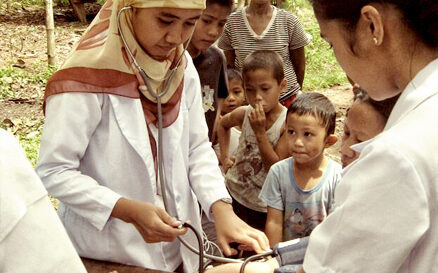
Health Equity in Action
Everyone should have a fair opportunity to live a long, healthy life with access to high-quality health services.
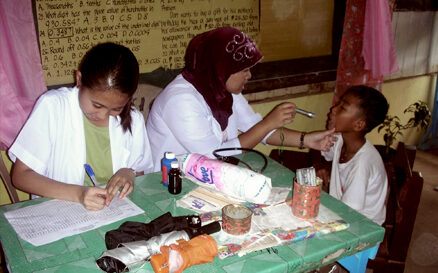
Social Accountability in Action
Institutions that train health workers emphasize the needs and priorities of communities at every step: A Case Study and Video from the Philippines
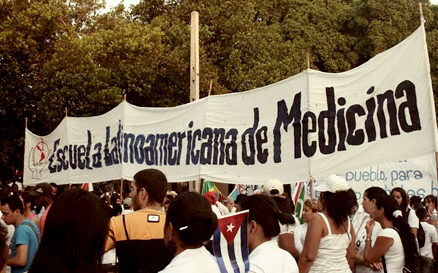
Community
Engagement in Action
All activities and programs are designed, conducted and evaluated in genuine partnership with the communities they serve: Case study from the 2015 Earthquake in Nepal
THEnet Publications
See our publication list, citation page and a sample of THEnet’s publications in well-known journals:
Who we
work with

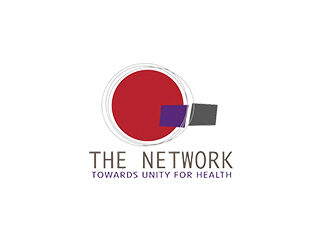
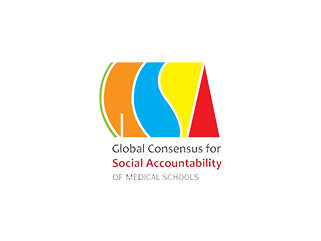
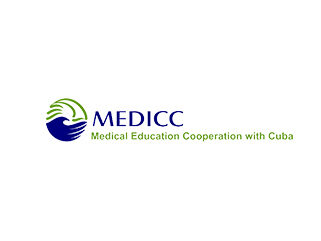
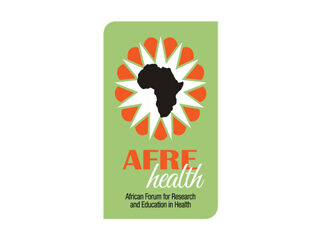
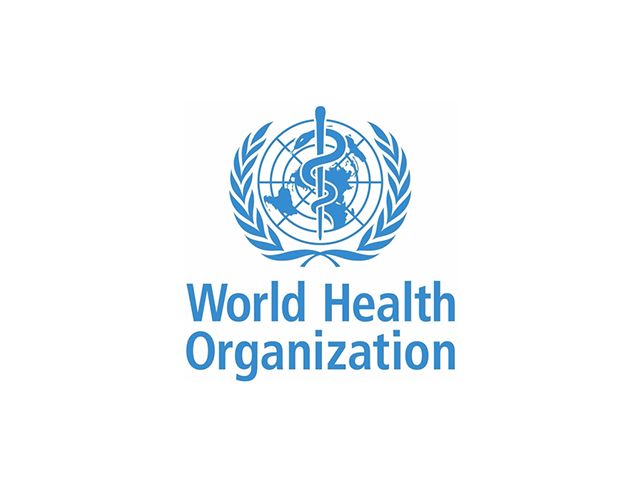
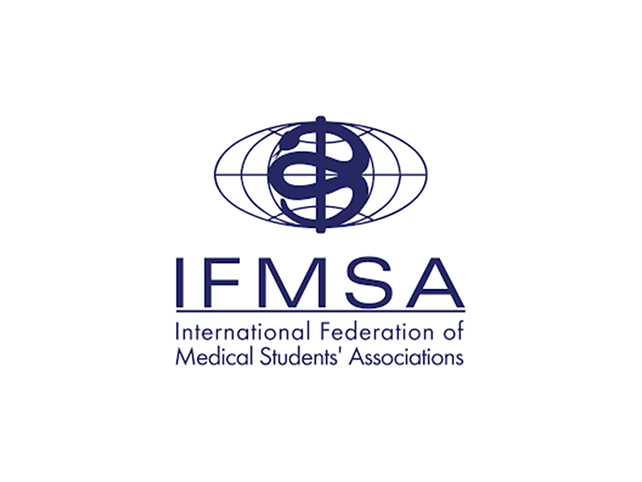
Case Study South Africa: Social Accountability In Action
The University of Transkei Faculty of Health Sciences in South Africa was established in 1985 to address the severe shortage of health professionals in Transkei, a largely rural area that is home to more than 10% of the country’s population.
Founded during the twilight years of apartheid, the struggling new institution, renamed Walter Sisulu University (WSU), faced formidable obstacles.
Some of its opponents said that “indigenous” health personnel lacked the training and motivation to serve rural communities. Others insisted that a school of public health would be more appropriate in light of rural health needs.
At its inception, the institution became the focus of a contentious debate among physicians, policymakers, and educators: Should it embrace the Western model of health professional education that locates student learning almost exclusively in university classrooms and tertiary care hospitals? Or was an altogether different model called for?
The school’s founders opted in favor of a model of education grounded in the South African philosophy of Ubuntu, or humanness, which is roughly parallel to the concept of social accountability. All forms of teaching and learning would be organized around community and patient needs. Its programs and practices would be designed to alleviate the major health problems affecting the Transkei population by addressing the social, economic, and cultural dimensions of ill health among its majority black population.
To attract more black students from Transkei communities, the new institution adopted a different set of admissions criteria. The new recruitment policies would give equal weight to academic performance and the personal attributes considered predictive of success in the health professions, such as relatedness, cultural sensitivity, and listening skills.
WSU has also established a network of district hospitals and health centers that are used as teaching platforms, empowering communities and expanding opportunities for students to learn by doing.
Today, the World Health Organization has recognized WSU’s Faculty of Health Sciences as a leader in problem-based learning and community-based education — the hallmarks of its innovative curriculum — and as a resource for health professional training programs across Africa.
A founding member of THEnet, the school offers a wide spectrum of training programs in medicine, nursing, health promotion, and medical orthotics and prosthetics, with additional programs to be rolled out over the next several years.
Says Dean Dr. Wezile Chitha,
“The WSU Faculty of Health Sciences has really come a long way since 1985. During apartheid our education was seen as inferior. Now, schools from across the African continent come to learn from us!”
Case Study Yellow Boat: Social Accountability In Action
Children from an indigenous community on a huge inland lake in the Philippines used to travel for up to three hours to get to school. They’d have to trek through miles of forest — exposed to animals like snakes, scorpions, and wild boar — just to attend school.
Now, a bright yellow boat gets them there in 20 minutes.
In 2013, the first yellow boats showed up on the lake. Dr. John Michael Dellariarte had just launched what came to be known as the Yellow Boats of Hope Foundation with a group of his fellow medical students at Ateneo de Zamboanga School of Medicine, one of THEnet’s partner institutions. As an integral part of their socially accountable medical education, Dr. John and his fellow students had spent close to 50 percent of their training working in Purok 11, a village on Mindanao, the southernmost major island in the Philippine archipelago.
Dr. John and his colleagues soon learned that the children from the village were walking all the way to school and back. It was taking them 6 hours a day round trip, five days a week.
Dr. John recognized that in addition to the burden of disease or injury, a lack of adequate transportation was endangering the health of children. Consistent with his training, he rolled up his sleeves and worked with the community to help solve the problem.
Dr. John and his student team also spread the word on Facebook about this appalling situation. They crowd-sourced the simple yet innovative idea of raising money and recruiting volunteers to build a few boats.
Soon, their Facebook campaign went viral.
“We started with 10 boats,” he said. “Now, more than 65 communities across the Philippines are participating in the project.”
Today, the Yellow Boats of Hope Foundation provides building materials and training for community members to become boat-builders. That effort has translated into livelihoods that are fueling economic development across a formerly neglected region of the Philippines. Best of all, the children are healthier and able to sail to school and back in record time — not a snake or scorpion in sight.
What does transporting students in yellow boats have to do with training health workers? Everything, it turns out, when it comes to improving the life and health of a community. What sets THEnet partner schools apart from more traditional health workforce institutions is that inculcated in the students a deep understanding that people’s health is affected not only by infectious and chronic diseases, but also by the social conditions in which they live. To treat patients effectively, these social determinants must also be addressed.
For Dr. John, the best part of the story has to do with his discovery of a new “we,” one that includes
“friends, donors, and at the center of it all, people from the villages that dot the lake. They’re the ones who are helping each other overcome the hardships of the landscape – one yellow boat at a time.”
Case Study Nepal: Social Accountability In Action
When a massive earthquake rocked Nepal in April 2015, students and faculty from Patan Academy of Health Sciences (PAHS) were prepared to save lives, treat injuries, and reduce the suffering of the community as much as possible.
Because the area around PAHS sits on a fault line, students quickly become aware that an earthquake could strike at any time. They’ve trained to respond should the worst happen. They also live and work in the surrounding community, building relationships, earning trust, and gaining a deep understanding of needs – the hallmark of socially accountable health workforce education.
“When you’re under threat of disaster, preparedness is key,”
… said Dr. Ashis Shrestha, head of Emergency Medicine at PAHS, a THEnet partner institution located right outside Kathmandu, Nepal’s densely populated capital city. Far from an academic add-on or a quick rotation, emergency preparedness is at the heart of the school’s socially accountable curriculum. In their first year, PAHS students quickly become attuned to the needs of the surrounding community from water borne diseases to maternal mortality, intestinal parasites, and the ever-present possibility of an earthquake.
In line with the school’s community-engaged approach to health professional education, Dr. Shrestha led a series of trainings just months before the earthquake hit. These drills involved students, hospital staff, and the surrounding community. The most challenging training scenario compelled the team to evacuate patients and create a field hospital with its own water supply, sanitation, electricity, and refrigeration system. They also had to practice transferring patients to the improvised facility.
“At the start of the drill, it took us four hours to complete the transfer – but by the end, we accomplished it in just one hour” said Dr. Shrestha.
When the real earthquake hit, the PAHS team was as prepared as humanly possible – and yet there’s no way to prepare emotionally for an earthquake’s sheer destructive force, he said: “more than a thousand victims receive primary trauma care to our hospital in the immediate aftermath of the earthquake and a large influx of people with severe injuries came through our doors for weeks and even months thereafter.”
With strong ties to local NGOs and the community-based networks, the PAHS students and faculty were able to respond quickly, efficiently and compassionately because they were already an integral part of the community.









